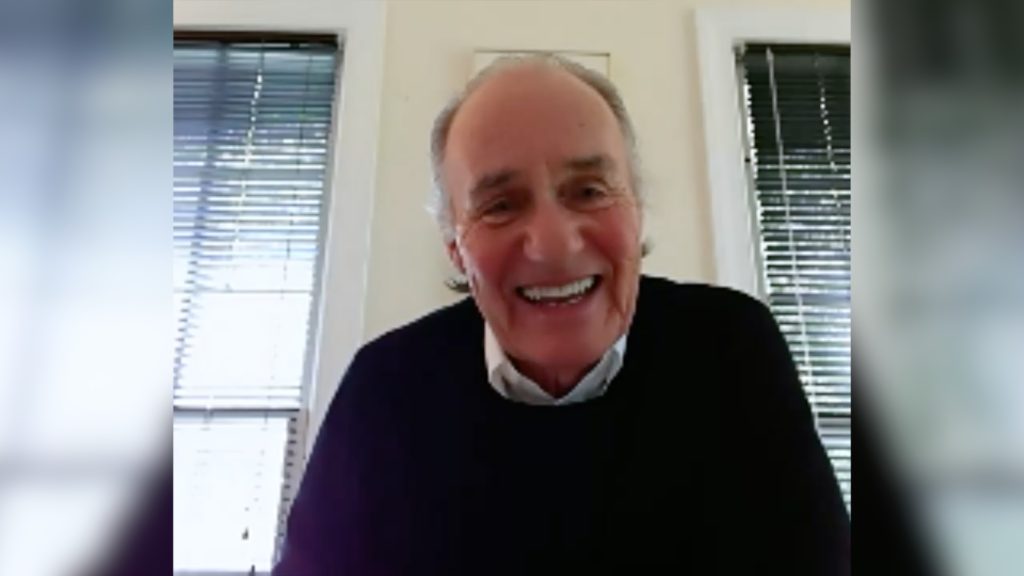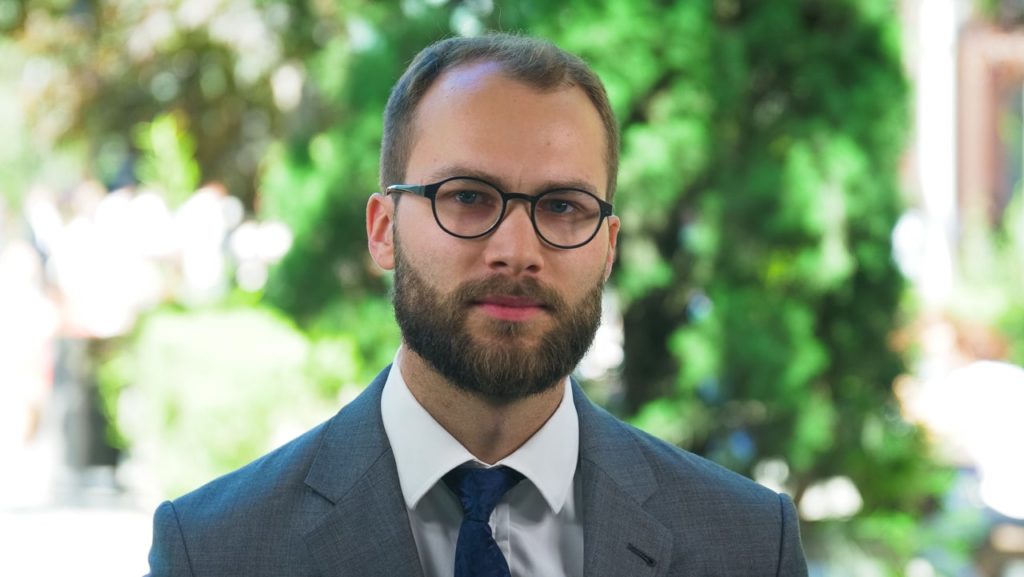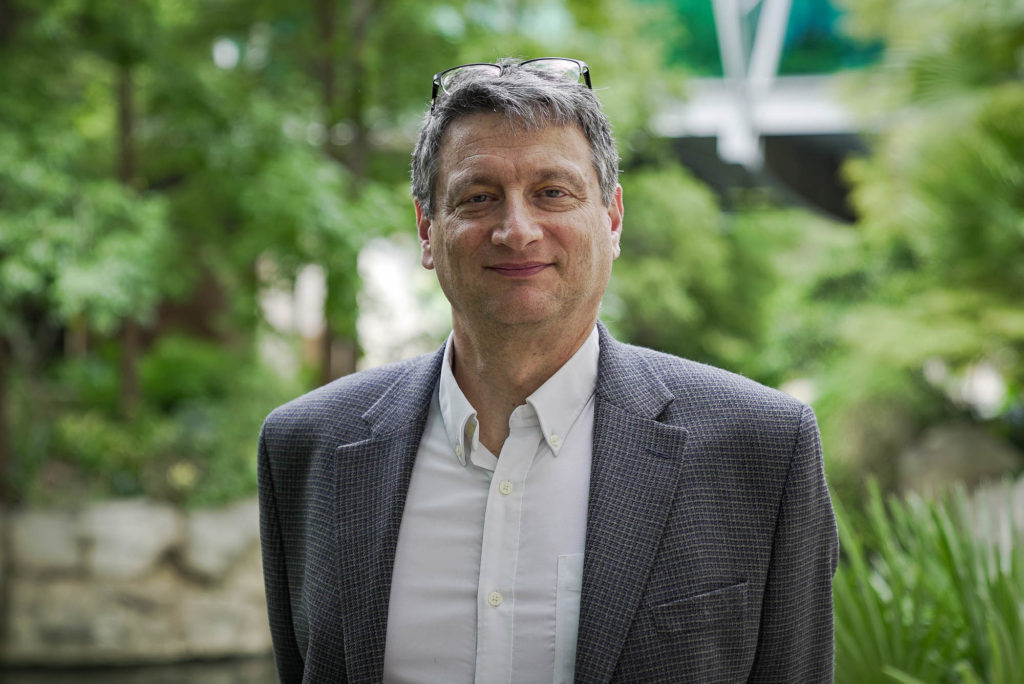Dr Debasree Banerjee is an Associate Professor of Medicine at Brown University (Providence, RI, USA), specialising in pulmonary and critical care medicine (PCCM).1 She completed her medical degree at New York Medical College (Valhalla, NY, USA) and medical training at the Warren Alpert Medical School of Brown University. With extensive training and expertise, Dr Banerjee has held various roles as a clinician, educator, and researcher. Her work is focused on addressing health disparities, particularly how race and racism affect patient care and academic medicine. Dr Banerjee is committed to improving patient care, advancing medical education, and fostering equity in the medical field.
As part of our Future Leader series, we speak with Dr Banerjee, who discusses her motivation for specializing in PCCM, emphasizing the fields dynamic nature and the opportunity to care for critically ill patients. She highlights the collaborative aspects of PCCM and the rewarding balance between inpatient and outpatient care. Dr Banerjee also reflects on her career growth, perseverance, and passion for addressing health disparities through research on race and racism in medicine. She encourages aspiring physicians to pursue PCCM for its depth, diverse experiences, and meaningful patient interactions.
Q. What motivated you to specialize in pulmonary and critical care medicine, and what aspects of this field do you find most rewarding?
First and foremost, I admired and emulated my pulmonary critical care and sleep medicine (PCCSM) attendings throughout my training. Initially, I liked the idea of being able to take care of some of the sickest patients in the hospital. The critical care portion of the job really drew me in. It allowed me to use all my education and skillset in medicine and apply them in a very dynamic environment that was directly connected to anatomy, physiology, microbiology and allowed for procedural competency. In fellowship, I was exposed to the vast range of pulmonary diseases and realized what an expansive field this is! Pulmonary medicine is in some ways even more procedural, requires multidisciplinary dialogue and decision making which engenders really close relationships with several subspecialists, such as oncologists, thoracic surgeons, cardiologists, thoracic radiologists, pathologists, rheumatologists, radiation oncologists, interventional radiologists, infectious disease doctors, nephrologists…the list goes on! PCCM is very varied and can result in a career that is inpatient, outpatient or a mix of both. I get to practice a little bit of everything and some of my colleagues are experts in subspecialities within PCCM like physiology, pulmonary hypertension, interstitial lung disease, occupational lung disease, mycobacterial disease, just to name a few! Additionally, I love how I can overlay my clinical work with patient centered goals like quality improvement, research, advocacy in an effort to improve health equity.
Q. Reflecting on your career, what accomplishment or moment are you most proud of so far? How did it impact you professionally?
I am most proud of my perseverance in my life and career. I have “tried on” many roles in my career such as researcher, clinician and educator. When I was meeting challenges, I used resources, mentors and my skills to meet them head on and, often, found myself on the other side with success or sometimes a surprising but ultimately satisfying pivot. I am proud of the career I have carved out, it brings me immense joy and continues to evolve and be stimulating. I am especially proud that I have learned to be comfortable not knowing everything – this is something I have had to work hard at and has given me more endurance and has enhanced my experience at work and at home.
Q. What inspired your research on how race and racism affect patient care and academic medicine, and what impact do you hope it will have on the field?
Though I have always dabbled in this work, I think the turning point for me was when trainees in our program called for action during the Black Lives Matter movement during the COVID-19 pandemic. We were not content being passive in the processes that amplified health disparities and began our work with improving our foundational knowledge. As I learn more about this work from scholars and colleagues who have studied this for a long time, been activists, have lived experience etc., I work to exercise praxis- which is the focus on action. Ideally when we learn more about how our healthcare system (and other sectors) fail to meet the needs of so many community members, we will be able to design interventions that disrupt this process and restore equity. This is a difficult (but achievable) task. I would consider myself as a student of praxis…I’m still learning how to do this.
Q. What advice would you give to medical students or residents interested in specialising in pulmonary and critical care medicine?
It is a wonderful field! It offers a depth and breadth of experience unmatched by most other fields. One can practice in various settings, across diverse patient populations, subspecialize or see all different pathologies, be as procedural or physiologically minded as suits you, develop collaborations with so many other fields, and forge very rich relationships with patients and their loved ones in both the outpatient setting (those with chronic lung diseases) or in the MICU (when people are often experiencing the worst illness of their life). It’s hard to get experience with all the parts of PCCSM as a trainee and how your experience as an attending might look, but if any parts seem enjoyable, then it’s likely that you will like the field! All different types of people work in PCCSM and you can too. I enjoy my work more and more each year.
References
- Researchers@Brown. Debasree Banerjee. Available at: https://vivo.brown.edu/display/db13#All (Accessed 04 April 2025).
Further content in respiratory intensive care.
Editor: Victoria Jones, Senior Content Editor.
Disclosures: This short article was prepared by touchRESPIRATORY in collaboration with Dr Debasree Banerjee, utilizing AI as an editorial tool (ChatGPT (GPT-4o) [Large language model]. https://chat.openai.com/chat.) The content was developed and edited by human editors. No fees or funding were associated with its publication.
Cite: Debasree Banerjee. Reflecting on a Career in Pulmonary Medicine, Professional Growth, and Advocacy for Health Equity. touchRESPIRATORY. 16 April 2025.

touchRESPIRATORY is celebrating the brightest rising stars in respiratory and pulmonary medicine, who are set to shape the future of the field.
Register now to receive the touchRESPIRATORY newsletter!
Don’t miss out on hearing about our latest peer reviewed articles, expert opinions, conference news, podcasts and more.









